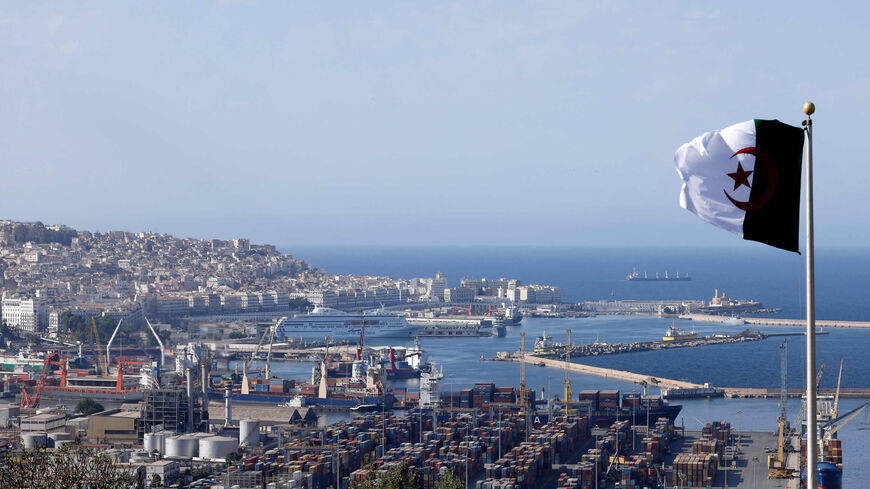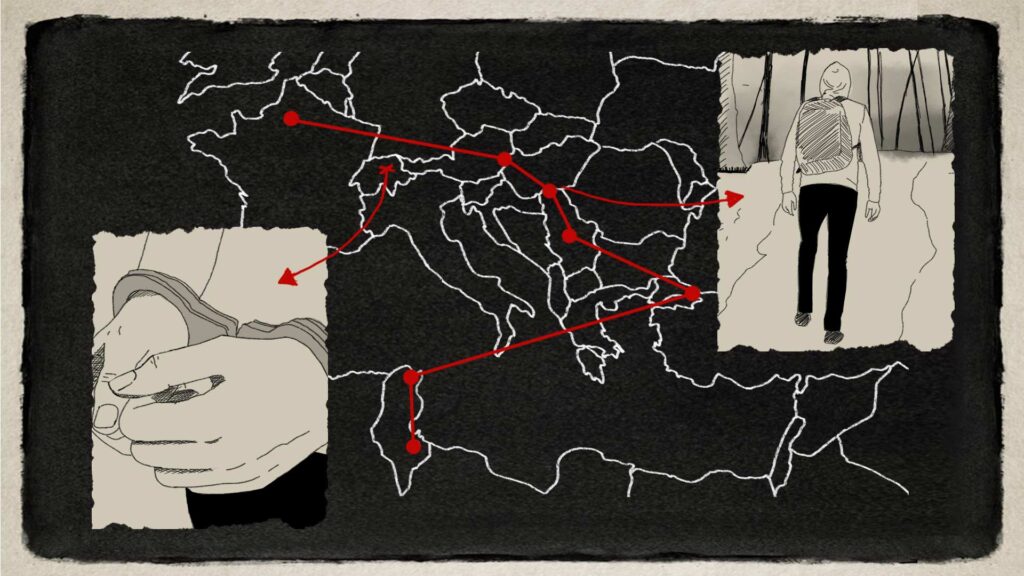Algeria relaxes rules for foreign investors

Following years of social and political uncertainty triggered by popular uprisings in 2019, Algeria has updated laws to attract investment.
Algeria seeks to breathe new life into its investment landscape with a new investment law. Published at the end of July, the updated legislation aims at boosting investment flows in a bid to enhance the country’s economic performance and, more importantly, break with its hydrocarbons dependence.








